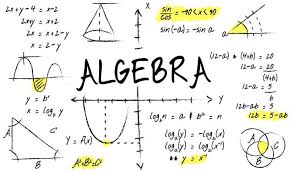
Algebra I is an introductory course designed to equip students with essential algebraic concepts and skills. The course covers a variety of topics, including:
- Expressions and Equations: Simplifying algebraic expressions, solving linear equations and inequalities, and understanding the properties of operations.
- Functions: Introduction to functions, including linear, quadratic, and exponential functions, along with their graphs and applications.
- Systems of Equations: Solving systems of linear equations using various methods, including graphing, substitution, and elimination.
- Polynomials: Understanding polynomial operations, factoring techniques, and the application of the quadratic formula.
- Rational Expressions: Simplifying, multiplying, and dividing rational expressions and solving rational equations.
Throughout the course, students will engage in problem-solving activities, collaborative learning, and real-world applications to enhance their understanding of algebra. By the end of the course, students will develop critical thinking skills and a solid foundation for future mathematics courses.

